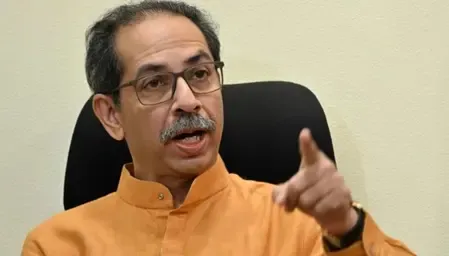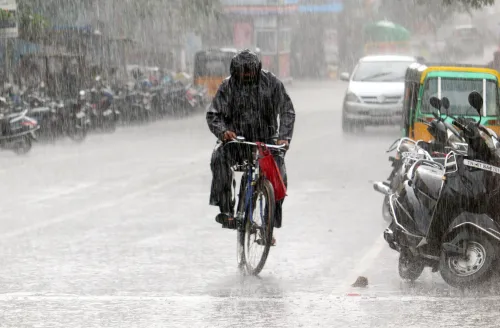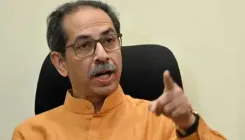Why Has Nepal Banned the Telegram App Over Financial Crimes?

Synopsis
Key Takeaways
- Nepal has banned Telegram due to its links to financial fraud.
- All telecom providers are mandated to block the app immediately.
- The ban follows repeated warnings from law enforcement agencies.
- Telegram has been criticized globally for its lack of user data transparency.
- The app has faced restrictions in other countries as well.
New Delhi, July 18 (NationPress) The Nepal Telecommunications Authority (NTA) has mandated that all telecom providers across the nation block access to the Telegram messaging platform. This directive follows numerous warnings from the Cyber Bureau of Nepal Police, which identified the app as a significant medium for financial fraud and money laundering.
The NTA confirmed this action, noting that it was instigated by grave concerns from security agencies. They stated, "With the increase in online scams via Telegram in Nepal, along with its involvement in crimes like money laundering, all telecom operators are ordered to cease access to the app immediately."
Reportedly, fraudulent activities using Telegram have seen a sharp increase, encompassing fake job offers, cryptocurrency scams, and other misleading schemes.
Key officials, including those from the Prime Minister’s Office and the Ministry of Home Affairs, convened to address the escalating problem. Following a briefing on various money laundering incidents linked to Telegram, the Prime Minister’s Office issued a formal request to the Ministry of Communication and Information Technology for urgent intervention.
A significant factor contributing to the ban was Telegram's lack of cooperation with law enforcement. The Ministry attempted to engage with Telegram’s official representative but could not establish contact with a local representative.
On Friday, the Ministry contacted the NTA to request the ban, which was promptly enacted by instructing all telecom and internet providers to block the app.
Telegram has faced criticism for its perceived insecurity and failure to provide user data to authorities. Countries such as China have previously imposed bans on the app due to comparable issues. The controversy intensified after the arrest of Pavel Durov, co-founder of Telegram, in France in August 2024, under multiple serious charges including complicity in distributing child exploitation material and drug trafficking.
Durov was prevented from leaving France and subjected to judicial oversight. His arrest ignited protests from free-speech advocates and users of Telegram. In March 2025, a judge granted Durov temporary permission to exit France, leading to his departure that same month.









